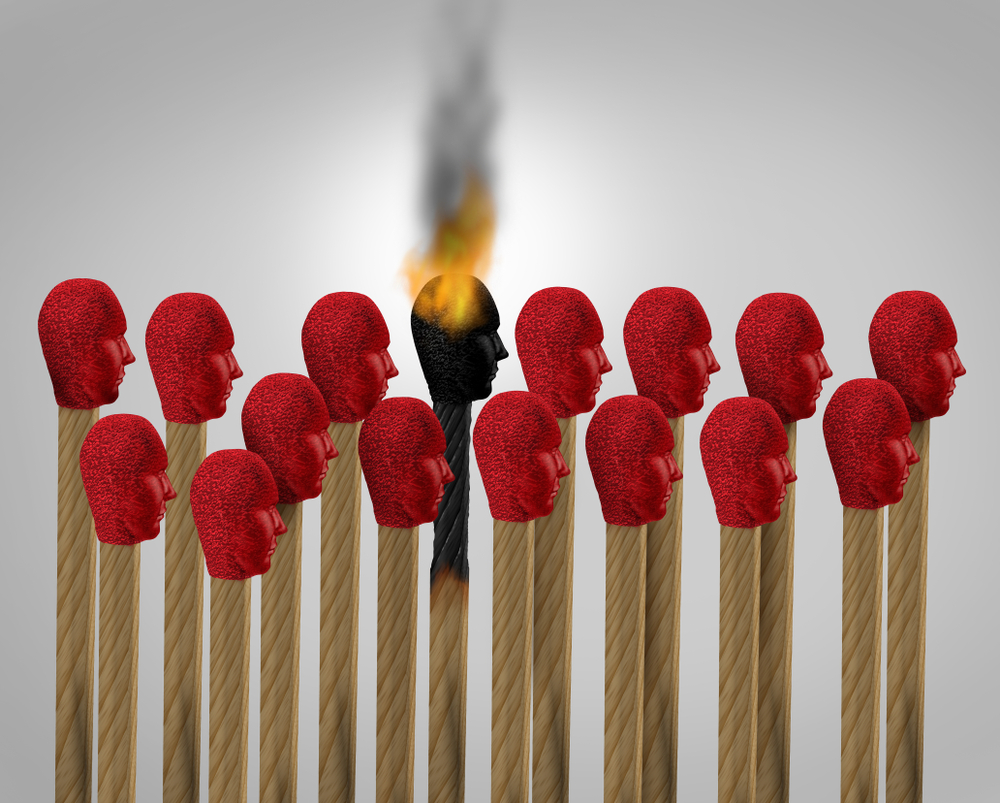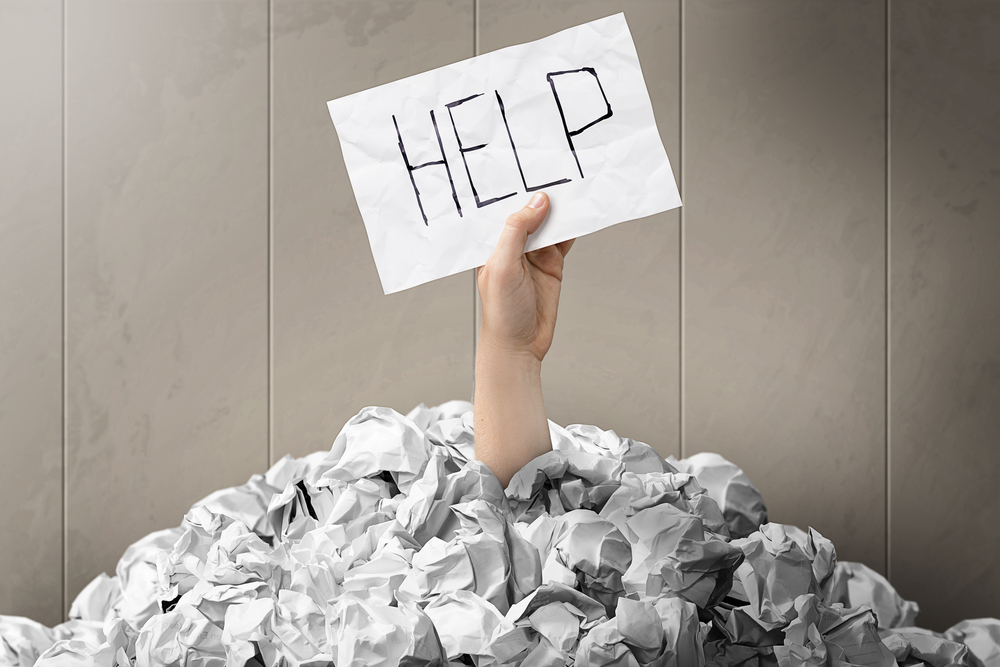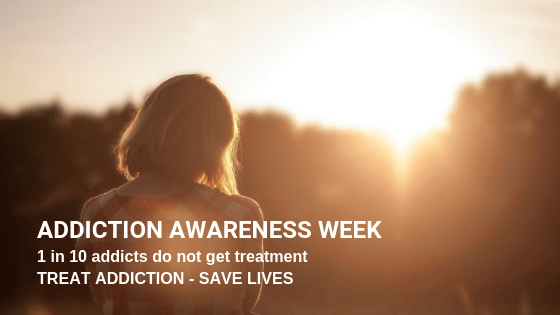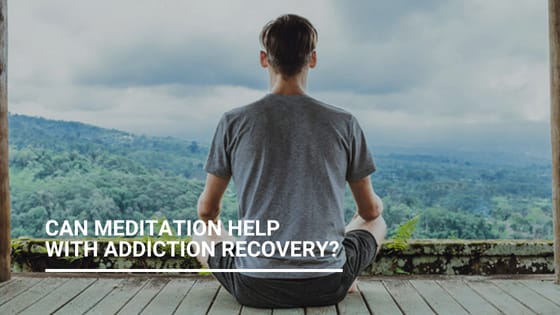
5 Signs of burnout
Burnout was previously deemed to be the misfortune of stressed-out corporate executives, worn-out movie stars and ageing celebrities. However, in recent times, and especially given the events of the last two years; with a global pandemic ravaging the world and life-altering circumstances occurring on an almost daily basis, burnout is becoming an increasingly more widespread condition.
Frontline workers facing double shifts as co-workers and colleagues are struck down, either by the virus, or the mental health burden of facing it head-on daily. Parents struggling to home school children, whilst working a full-time job. Financial and emotional insecurity impacting on a multitude of different people, from all walks of life, as their lives are turned upside down.

What is burnout?
Burnout is a condition that leaves sufferers feeling bodily and emotionally exhausted. It is usually caused by long periods of intense pressure, vast responsibility, or excessive stress. Any of which can leave individuals depleted and overwhelmed physically and mentally.
In many instances, the condition is related to one’s job and is sometimes referred to as executive or occupational burnout as it is the result of chronic work-related stress. However, it can happen to anyone, in any position, or in any situation when they feel they are being drained by constant or incessant demands on their time or energy.
The stress and exhaustion lead to feelings of helplessness, cynicism, disillusionment, and resentfulness. It can also manifest in physical symptoms such as headaches, stomach problems and an increased vulnerability to cold and flu-like viruses. The individual will feel like running away, unable to face situations, and day to day issues can feel overwhelming.
Burnout is often accompanied with mental health conditions such as anxiety, depression, or substance abuse.

Burnout, addiction, and substance abuse
The repeated nights of not being able to sleep, despite being overly exhausted; the head-spinning, full of racing thoughts that just won’t turn off; and the bad day, week, or even month at work that you just want to forget about. Individuals struggling with the symptoms of burnout often look for a way to ease their emotional and physical pain and discomfort.
It is easy to understand why turning to a glass (or several) of wine is a solution to take the edge off a stressful workday, or why some online shopping or gambling is a way to forget what needs to do tomorrow, and why picking up a prescription for some sleeping tablets may be the answer to the sleepless nights.
However, the next day the problems are still there, the financial implications of overspending hit home hard, and you still haven’t had a decent night’s sleep, so the exhaustion just won’t go away – plus you have a hangover to boot. Some will rely on caffeine to get them through, whilst others turn to stronger chemicals such as cocaine and amphetamines.
Unfortunately, what seems like a good choice to start with can rapidly turn into a habit that only creates more issues, doesn’t really solve the underlying causes and can in some people lead to a serious problem with dependency and addiction.
Drugs, alcohol, and addictive or compulsive behaviours only exacerbate mental health conditions such as anxiety and depression, and stress worsens the physical health of a person – so long-term it’s a disaster waiting to happen.

Signs of burnout
Here are some signs of what to look out for if you think you, or someone you love, maybe struggling, and suffering from burnout –
- 1- Crushing physical or emotional exhaustion. A change in appetite or sleeping patterns, insomnia, or difficulty in sleeping, despite feelings of extreme tiredness and fatigue. An increase in anxiety or depression. Frequently wanting (and in some cases acting on it) to stay in bed all day or crashed out on the sofa in front of the tv.
- 2- Physical symptoms can include unexplained headaches or stomach aches, increased sensitivity to cold and flu-like illnesses. Long term stress often creates a weakened or lowered immune system leaving you more susceptible to viruses.
- 3- Isolating from family, friends, and co-workers. Not talking or sharing with loved ones. Burnout causes a feeling of being overwhelmed or suffocated by work, responsibilities or even life in general, which leads to individuals withdrawing from social activities or mixing with other people.
- 4- An increase in the use of drugs, alcohol, food, or prescription medication; or using activities such as gambling and online shopping, or compulsive and obsessive behaviours. Individuals will often self-medicate to try and make themselves feel better by using substances or processes.
- 5- Mood swings or changes in emotional behaviours. An increase in irritability, quick to anger – especially if something doesn’t happen exactly the way it is supposed to, an inability to adapt to situations and difficulty in making decisions. Loss of self-confidence and esteem.

Rehab in Spain
Are you experiencing any signs of burnout? Is life feeling overwhelming? Are you finding yourself self-medicating with pills or booze?
Here at our luxury residential rehab centre in Ibiza, we can help. We treat clients with a variety of mental health conditions, including burnout, addiction, alcoholism, depression, and anxiety.
For information on our admissions please contact [email protected]
Share this information, choose your platform!
‘I Need Help’ Sir Elton John Celebrates his 29 years of Sobriety.
Foto: Shutterstock (Featureflash Photo Agency)“29 years ago today, I was a broken man. I finally summoned up the courage to say 3 words that changed my life, I need help. Thank you to all the selfless people who have helped …
Substance abuse in teenagers
The United Nations Office of Drugs and Crime (UNODC), 2021 World Drug Report stated that over 36 million people worldwide suffer from drug use disorders. The early use of substances is associated with abuse problems later in life – most …
Addiction Awareness Week
New research in the United Kingdom confirms a steady rise of addiction across society. As levels of substance abuse soar, it is estimated that half of Britons know someone who suffers from addiction. An even greater proportion of the public …
How Can Meditation Help With Addiction Recovery?
How Can Meditation Help With Addiction Recovery? Your friends are at it or seem to be talking about it, it’s suitable for everyone and there are many different ways to do it but meditation isn’t exactly a new idea. With …









